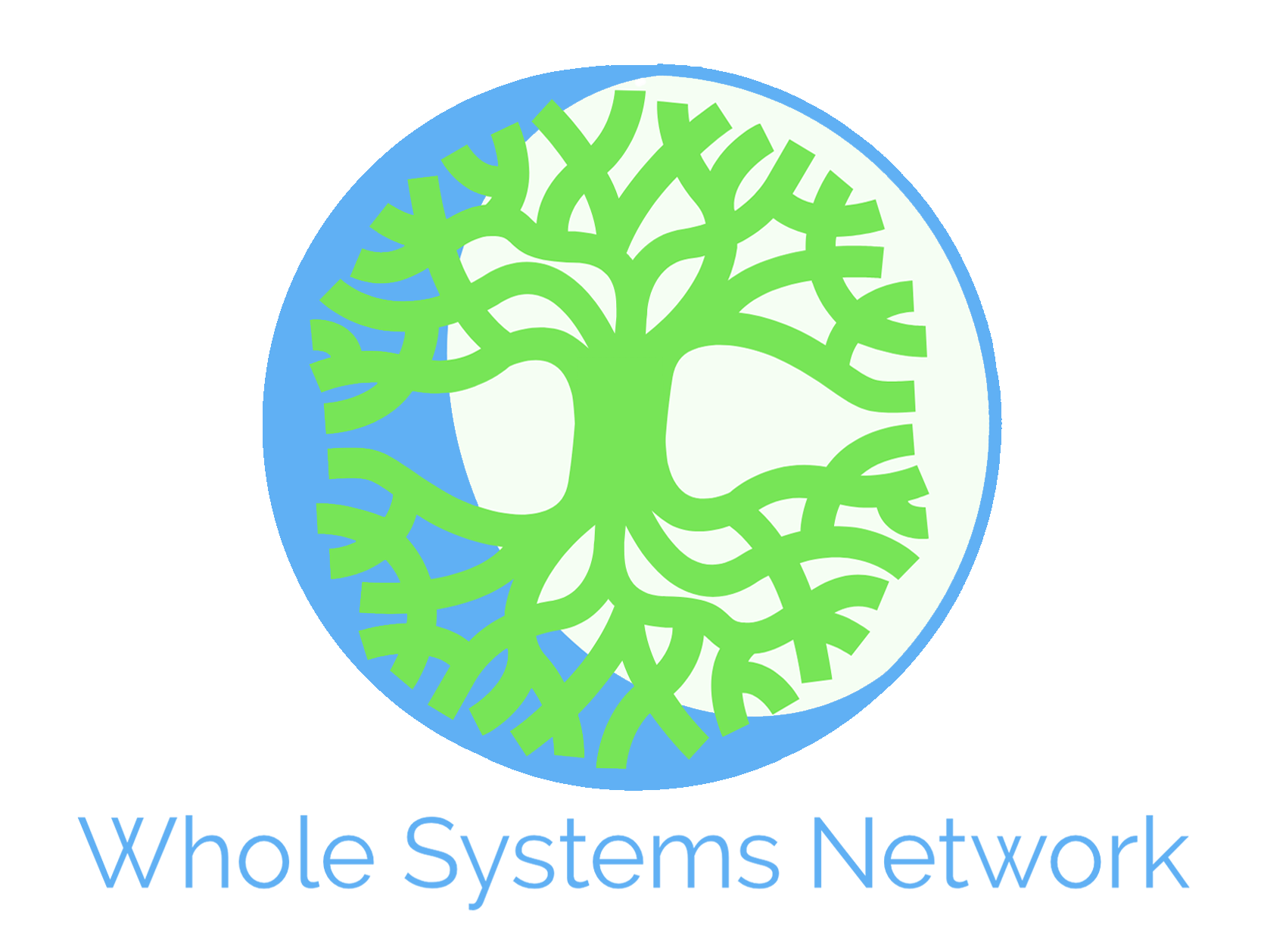
What if we started asking the question what if? My last article addressed shifting from a symptoms/ surface level perspective towards an intersectional and systemic view point for change. Every great movement not only addresses the issues but also leads with an inspiring vision.
How do we visualize our next generation? Their equity and equality, their health and wellbeing, their happiness, their ability to love and be loved, governance structures and power dynamics including dispersion of wealth?
Imagine a world where health and happiness are peoples’ priority. Where people are not dependent on big pharma, giant corporations, nor the federal reserve to source our basic needs. Where our governance systems do not have power over our rights but instead support the voice and dispersion of equity for all peoples. And where people are incorporated on a local level to create change they want to see.
Imagine a world that is less reliant on corporate jobs and monetary systems. Where we do not use money to buy our goods and services globally but instead source locally. Training our local civilians to sow, blacksmith, weld, build computers, and grow local food. What if our local civilians were responsible for the wellbeing of our mini-societies instead of in the hands of giant systems?
When we begin breaking down our systems and re-imagining systems we can even begin to start looking more granularly at issues and systems. For example, I have been seeing the power of this visioning begin with the police brutality issues.
“Alternatives to Police” poster by Luna Syenite:
There are a number of these posters and memes circulating around the web and I find them to be powerful imagery of what could be possible. These types of “visions” are not meant to be taken literally enough for criticism yet are supposed to be realistic enough to evoke inspiration and empowerment.
This article is not meant to be the answer to our global issues yet it offers an alternative to our current narrative. Let us begin to set the bar of what our world, country, city, community could look like when we co-create. Stay tuned for a step by step of how to organize for to began enacting your vision on a tangible level for change.
About the Author:
Chloe Buzzotta – Director of Whole Systems Network
Since early adulthood I have been on the journey of environmental stewardship. What are the most ethical and just ways to harmonize our planet, humans, and animals? I have worked with different sectors in the environmental field from Greenpeace to Global Ecovillage Network. My current self-journey is building a livelihood that can support my passion of healing our planet and empowering others.
